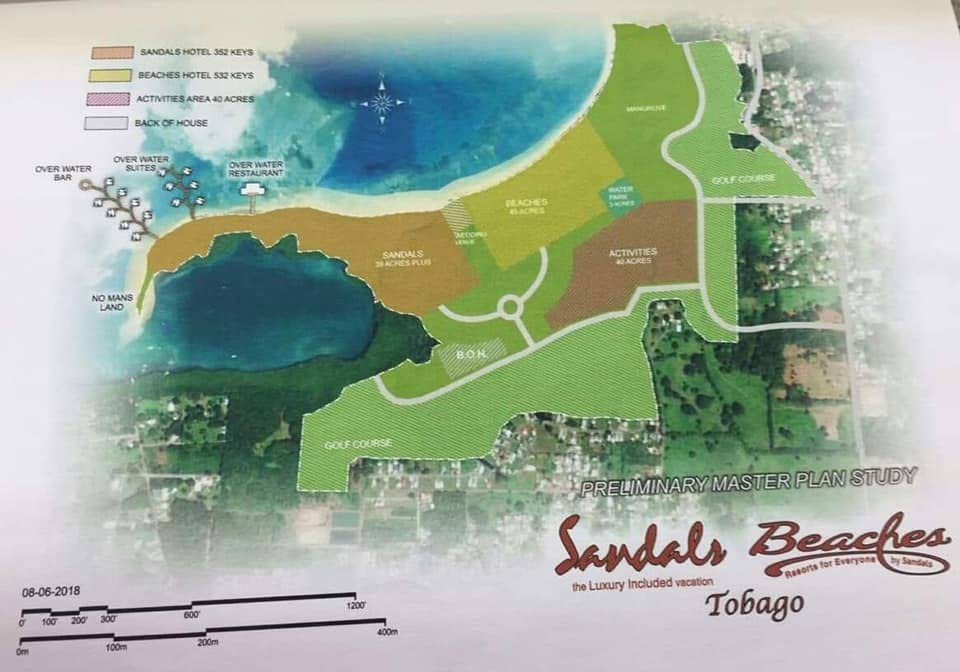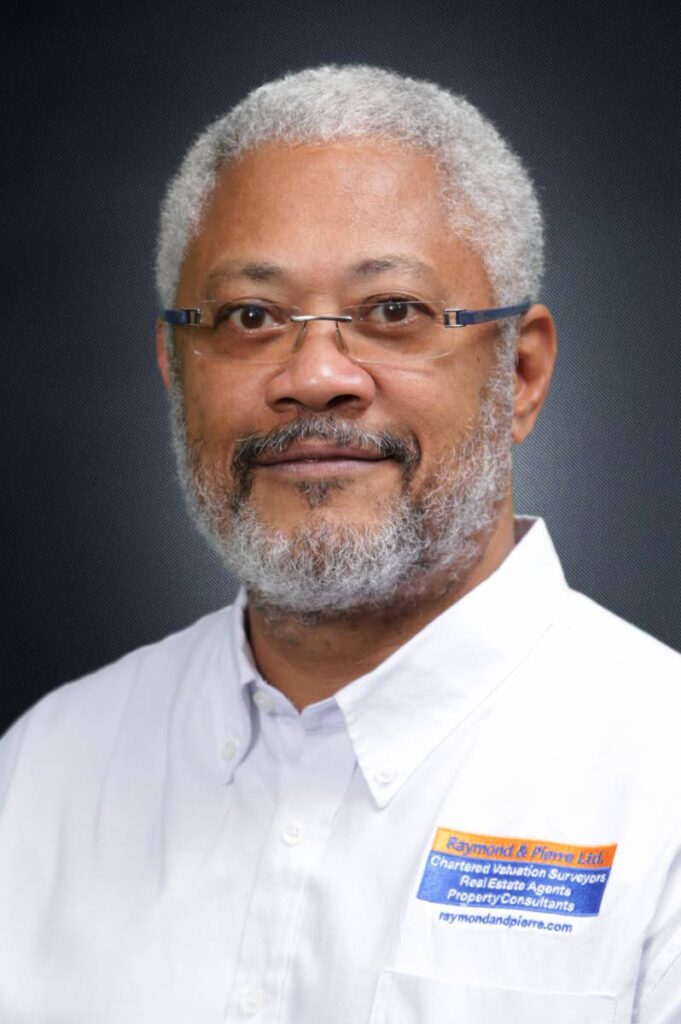Full disclosure needed on any new Sandals deal

THE EDITOR: Following Dr Rowley’s statement on March 15, we now know from our newly selected Prime Minister, Stuart Young SC, that Adam Stewart, executive chairman of Sandals, is scheduled to visit Tobago on April 7 to resume discussions on the Tobago Sandals project.
According to Young: “We need to learn from the mistakes of the past, and not allow a few misguided naysayers to stop the potential development of the economy of Tobago. This is for Tobago.”
In response to Dr Rowley, THA Chief Secretary Farley Augustine remarked:"...Tobagonians rejected the Sandals project because
it was undemocratic and did not make proper economic sense, that MoU that was signed by the current MP for Tobago West (Shamfa Cudjoe-Lewis) and it did not meet the environmental best practices or standards that we wanted…" (the emphasis is mine, as I entirely agree with those comments)
This is the same Government that resisted all attempts to release that MoU, even as Dr Rowley and Young repeatedly insisted there was no secret agreement. Sandals itself joined that refrain – until my lawsuit under the Freedom of Information Act forced the disclosure of that troubling document.
If we are to truly “learn from the mistakes of the past,” we must confront the fact that the MoU contained highly unbalanced commercial terms – so advantageous to Sandals that one wonders whether proper legal and financial advice was ever taken. In my professional view, it remains the most one-sided agreement I’ve seen in this sphere. No surprise that Sandals officials were beaming in every photo – until the MoU became public and I explained its implications. At the January 15, 2019 press conference announcing Sandals’ withdrawal, both CEO Gebhard Rainer and Young looked markedly less cheerful. As always, sunlight is the best disinfectant.
The MoU obligated the state to design, build, furnish, and fit-out the resort – at public expense and on publicly owned land. Beyond that, Sandals was to enjoy unlimited work permits for non-nationals, sweeping tax holidays, duty concessions, and even facilitation of transfer pricing.
Considering that the full financial burden was to be borne by the state and Sandals was to carry no financial obligations, not even local employment, it is entirely fair to ask: what was in this for us?
This was an exploitative arrangement by any reasonable standard. Any new agreement must reflect a significantly improved balance in the national interest. Unfortunately, my expectations remain low, given that the original promoters – Dr Rowley and Young – have never defended the terms of that flawed proposal.

I have long called for an open, transparent approach to large-scale projects, including widespread public and stakeholder consultation before commitments are made. This principle remains unfulfilled.
This concern was clearly articulated as recommendation 17 of the Uff Report (2009):
“…User groups and other interest groups should be properly consulted on decisions regarding public building projects, to ensure that relevant views can be expressed at the appropriate time and taken into account
before decisions are made…” (my emphasis)
In addition, projects of this scale demand open-book accounting to safeguard the public interest.
It is also important to emphasise the environmental and social risks inherent in a project of this scale. The originally proposed site at No Man’s Land is a Ramsar-listed wetland and coastal zone, which raises serious questions about ecological sensitivity. While it is unclear whether the same location is being reconsidered, there has been no public disclosure on this point. Related stakeholders – including those in environmental management and technical consultancy – have privately expressed significant concerns about the weakening or bypassing of environmental safeguards in this process.
Issues such as the treatment and disposal of wastewater, the outfall from a potential desalination plant into shallow coastal waters, and the disruption to local ecosystems remain unresolved. These concerns are not peripheral – they are fundamental. A resort development on this scale must meet rigorous environmental standards, not circumvent them.
If the state is again expected to fund this mega-project, then Sandals must contribute appropriately – paying proper taxes and fair wages. Tax holidays and concessions are indefensible if public funds are underwriting the entire enterprise.
As stated at the outset, there must be extensive public and stakeholder consultation before decisions are made. That is fundamental in any democracy.
via e-mail
Afra Raymond
Managing Director, Raymond & Pierre Ltd, Chartered Valuation Surveyors, Real Estate Agents, and Property Consultants

Comments
"Full disclosure needed on any new Sandals deal"